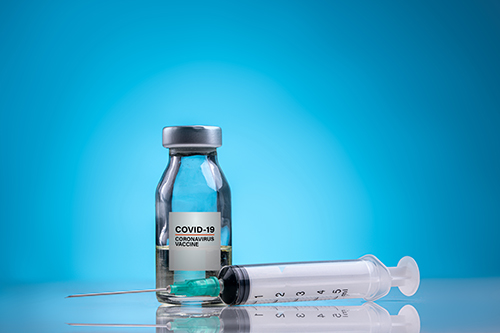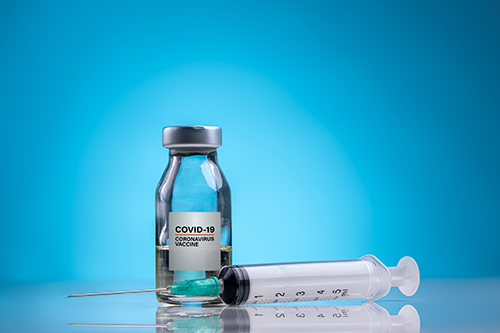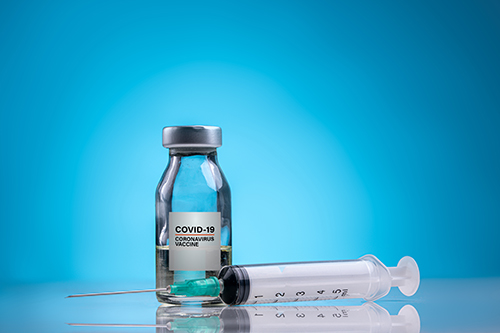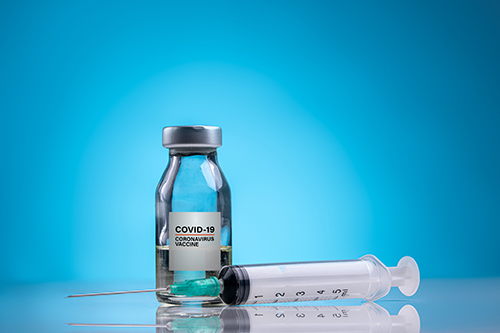Trump Declares State of Emergency, Lawmakers Approach Deal on Relief Package as Cases Rise
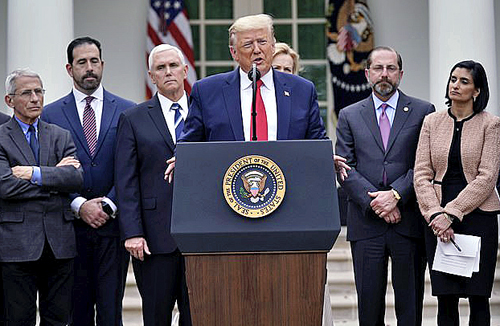 President Trump declared a national emergency Friday as the number of daily new coronavirus cases in the US continues to rise. The declaration will help ease the distribution of up to $50 billion in federal emergency funds to help state governments deal with the virus.
President Trump declared a national emergency Friday as the number of daily new coronavirus cases in the US continues to rise. The declaration will help ease the distribution of up to $50 billion in federal emergency funds to help state governments deal with the virus.
The president also announced that his administration would waive regulations on remote treatment and test kit production, and expanded public-private partnerships with large American businesses like Target and Walmart to expand access to testing for coronavirus for Americans. Additionally, he said that the federal government will begin waiving interest on student loans and begin buying up crude oil to stash in US reserves. Following a month of sharp losses in the stock market and West Texas Intermediate crude oil prices dropping almost 40%, US markets responded positively to these announcements. Major US stock indexes like the S&P 500 were up about 9% at market close.
Meanwhile, Republican and Democrat lawmakers say they are working to pass a bipartisan coronavirus relief package. While earlier in the week lawmakers appeared hopeful that a bipartisan deal could be reached this week, today President Trump spoke negatively about the House Democrats’ proposal and made it clear that the two sides had yet to come to an agreement.
“Well, we just don't think they're giving enough. We don't think the Democrats are giving enough," President Trump said. "We're negotiating. We thought we had something, but all of a sudden they didn't agree to certain things that they agreed to. We could have something but we don't think they're giving enough. They're not doing what's right for the country.”
However, on Friday evening just a few hours after Trump’s statements, Nancy Pelosi said that Democrats had come to an agreement with the White House over the bill. “We are proud to have reached an agreement with the Administration to resolve outstanding challenges,” she said. The House will most likely pass the bill Friday night, and the Senate could vote on it Monday.
The House Democrats’ coronavirus stimulus bill calls for things their party has long advocated for, like two weeks of mandatory paid sick leave and up to three months of paid medical and family leave. It also increases access and funding for public benefits like unemployment insurance, Medicaid, and food stamps. On the other hand, President Trump and Republicans have called for temporary reprieve of payroll taxes for businesses and working Americans who will be impacted as commercial activity and revenues continue to slow in the coming week as the virus spreads and people stay in and spend less money.
Both parties agree on providing free coronavirus testing. Both sides also say they want to help small businesses suffering from revenue losses as a result of the virus, but they differ on how this should be done. Democrats favor federal grants, while President Trump has called for low interest and interest free loans.
As of Friday at 6PM, total confirmed cases of coronavirus in the US stood at 2269, up 572 since Thursday.



